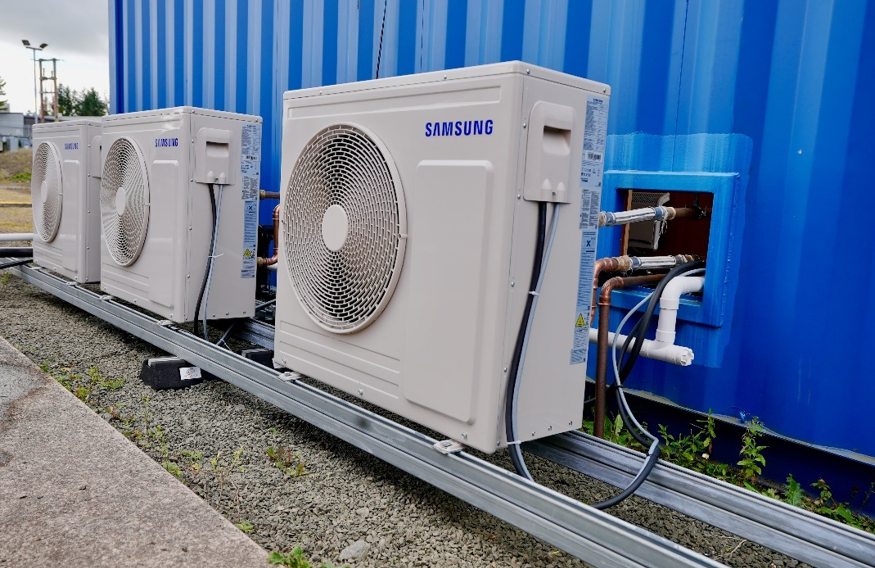Queen's University is looking at recycling waste energy from high-performance computing (HPC) to heat hospitals, homes and schools.
The two-year project aims to improve the sustainability of HPC, using the Northern Ireland model as a case study, but with potential to be applied anywhere in the world, and other ideas include converting heat into electricity for carbon capture and using surplus energy to increase capacity in the renewable-energy sector.
Large data centres underpin much of today’s digital infrastructure such as Google and Amazon. HPC hubs provide huge supercomputers to carry out large pieces of strategic data-processing, using Artificial Intelligence and Big Data.
The downside, however, is that HPC consumes a lot of energy, with most of that ending up as waste heat. The aim of the new project is to reduce the carbon footprint of HPC so the benefits to society can be maximised.
Professor Hans Vandierendonck from the School of Electronics, Electrical Engineering and Computer Science (EEECS) at Queen’s University explained: “We hope to develop techniques to convert potentially negative consequences into positives.
“We might even be able to upgrade waste heat to electricity and use it to capture CO2 from the air in a new technology known as DAC – direct air carbon capture, whereby air is sucked into huge fans and then ‘cleaned’ of CO2 before being released back into the atmosphere.”
© 2019 Perspective Publishing Privacy & Cookies






Recent Stories